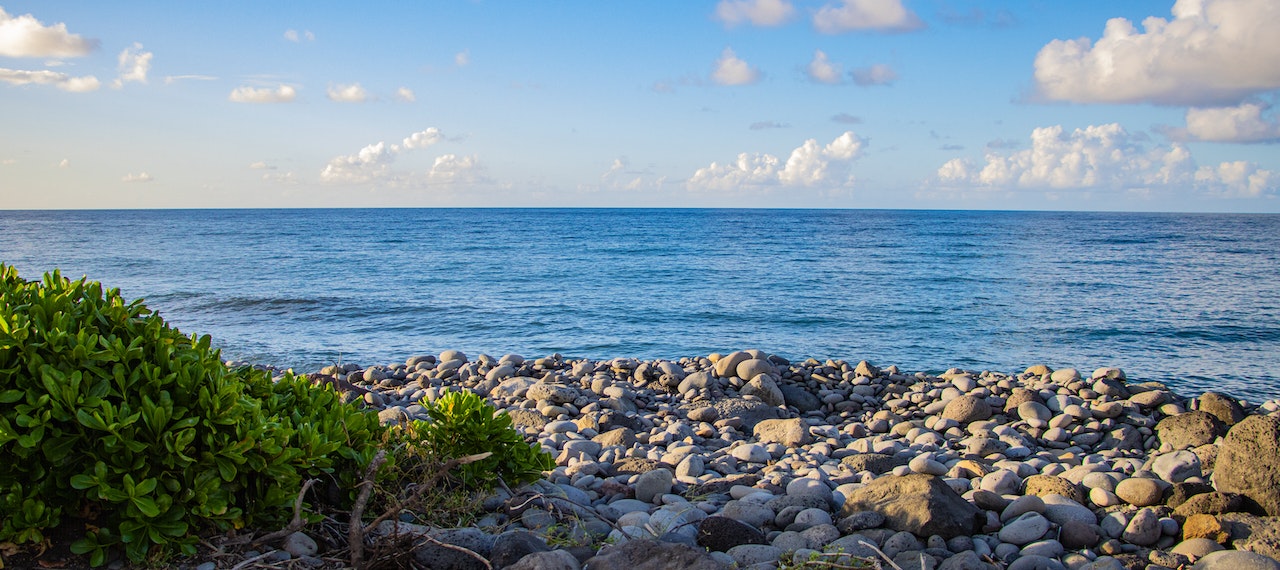Hello, adventurous spirits! Welcome to another blog post where we delve into practical tips and tricks for our fellow wanderers. This time, we're focusing on a topic that often concerns many of us — how to travel on a budget. With careful planning, a modest budget shouldn't prevent you from seeing the world. So, let's dive in and look at ways you can get the most out of your travels without breaking the bank.
1. Plan Ahead and Do Your Research
One of the keys to budget travel is meticulous planning. Prices for flights, accommodation, and activities can vary dramatically depending on the season, day of the week, and how far in advance you book. Use tools and websites that compare prices for flights and accommodations. Services like Skyscanner, Google Flights, Booking.com, and Airbnb are excellent starting points. Remember, the more flexible you can be with your dates and destinations, the more likely you are to find a bargain.
2. Choose Your Destinations Wisely
Certain destinations are more budget-friendly than others. For instance, countries in Southeast Asia, parts of Central and South America, and Eastern Europe often offer more bang for your buck. Not only is the cost of living cheaper in these regions, but they are also rich in culture and unique experiences that don't cost a fortune.
3. Use Public Transportation
While it may be more comfortable and convenient to use taxis or ride-hailing services, these costs can add up quickly. Instead, try to familiarize yourself with the local public transportation system. Whether it's buses, trains, trams, or metro systems, public transportation is generally the cheapest way to get around.
4. Eat Like a Local
Restaurants in touristy areas tend to be more expensive and not necessarily representative of the local cuisine. Instead, consider visiting local markets and street food vendors. These are often the places where you'll find delicious, authentic food at a fraction of the cost.
5. Choose Accommodations Wisely
Hotels can often be one of the biggest expenses when traveling. Consider alternatives such as hostels, guesthouses, or even Couchsurfing. Additionally, Airbnb offers private rooms in local homes, which can be more affordable than hotels and offer a more authentic experience.
6. Travel in the Off-Season
Traveling in the off-peak season can save you a significant amount of money on flights and accommodations. Plus, you'll likely encounter fewer tourists. Do your research to determine the off-season for your chosen destination; it varies depending on the location.
7. Be Smart About Money
Avoid unnecessary fees by being smart about how you access your money while traveling. Check the foreign transaction fees on your credit card, and consider getting a card with no foreign transaction fees if you travel frequently. When using ATMs, take out larger amounts to minimize the impact of fees.
8. Embrace Slow Travel
One of the biggest costs when traveling is often the transportation between destinations. By spending more time in fewer places, you'll save money on transport and also gain a deeper appreciation and understanding of the places you visit.
9. Take Advantage of Free Activities
Many cities offer an array of free activities. These could include museums with no entry fees, free walking tours, or natural attractions like beaches or hiking trails. Do your research before you arrive to make the most of these opportunities.
10. Pack Wisely
Avoid unexpected costs by packing wisely. Remember to bring essentials like a reusable water bottle to stay hydrated for free, a universal adapter for your electronics, and perhaps a light raincoat to avoid the cost of umbrellas in surprise rain.
Traveling on a budget doesn't mean you need to sacrifice the quality of your experience. With careful planning and these budget travel tips in mind, you'll be well on your way to creating memorable experiences without emptying your bank account. Happy travels!





